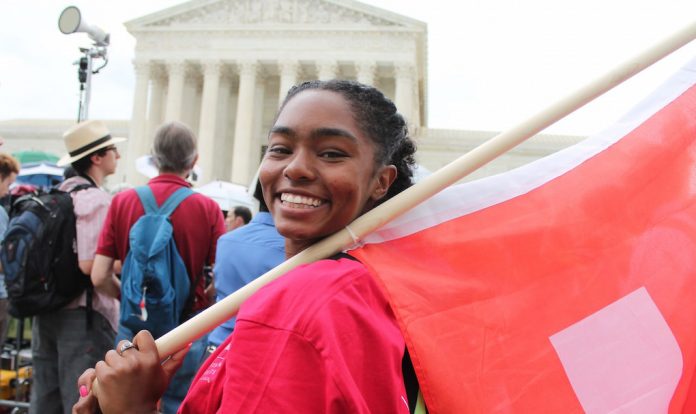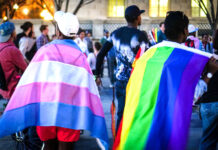‘‘Who will be hurt if gays and lesbians have a little more job protection?’’
The answer in a Chicago federal appeals courts was no one. “So,” asked the judge, “what’s the big deal?’’
Judge Richard Posner ruled that LGBT employees are protected from workplace discrimination under the 1964 Civil Rights Act protects. The March 4, 2017 decision marked the first time a federal appeals court decided in this way.
According to a March 4 Boston Globe report:
The decision by the full 7th U.S. Circuit Court of Appeals in Chicago comes just three weeks after a three-judge panel in Atlanta ruled the opposite, saying employers aren’t prohibited from discriminating against employees based on sexual orientation.
It also comes as President Donald Trump’s administration has begun setting its own policies on LGBT rights. Late in January, the White House declared Trump would enforce an Obama administration order barring companies that do federal work from workplace discrimination on the basis of sexual identity. But in February, it revoked guidance on transgender students’ use of public school bathrooms, deferring to states.
The Hively case stems from a lawsuit by Indiana teacher Kimberly Hively alleging that the Ivy Tech Community College in South Bend didn’t hire her full time because she is a lesbian.
The entire court reheard oral arguments in November and directed the toughest questions at a lawyer for the college who argued only Congress could extend the protections. The aggressive questions suggested the court might be willing to expand the 53-year-old landmark law.
Eight out of the 11 judges who reheard the case, including Posner, were appointed by Republican presidents.
The ruling comes as hopes have dimmed among some gay rights activists that the question will be resolved in their favor following election victories in November by Republicans.
The issue could still land before the Supreme Court at some point. A GOP-majority House and Senate make it unlikely the Congress will amend the statute. …
The lawyer representing the teacher, Gregory Nevins of the Lambda Legal advocacy group of LGBT rights, pointed to what he described as the absurdity of a 1980s Supreme Court finding that if workers are discriminated against because they don’t behave around the office by norms of how men or women should behave, then that does violate the Civil Rights Law. But if a man or woman is discriminated against at work for being gay that was found not to violate the Civil Rights Act.
‘‘You can’t discriminate against a woman because she rides a Harley, had Bears tickets or has tattoos,’’ he said. ‘‘But you can if she’s lesbian.’’









